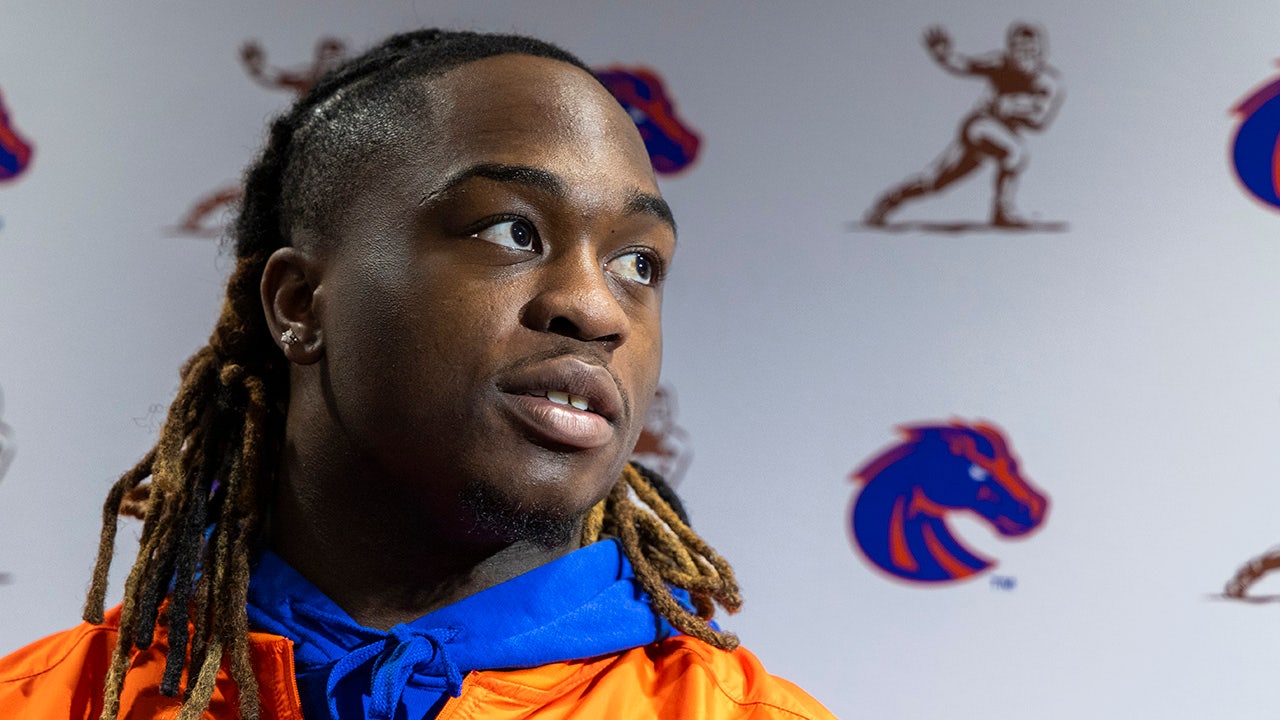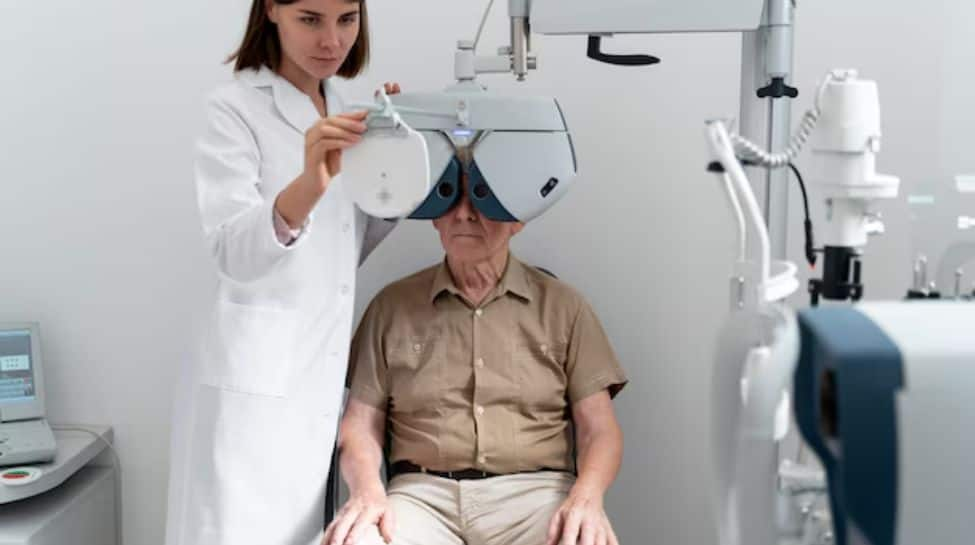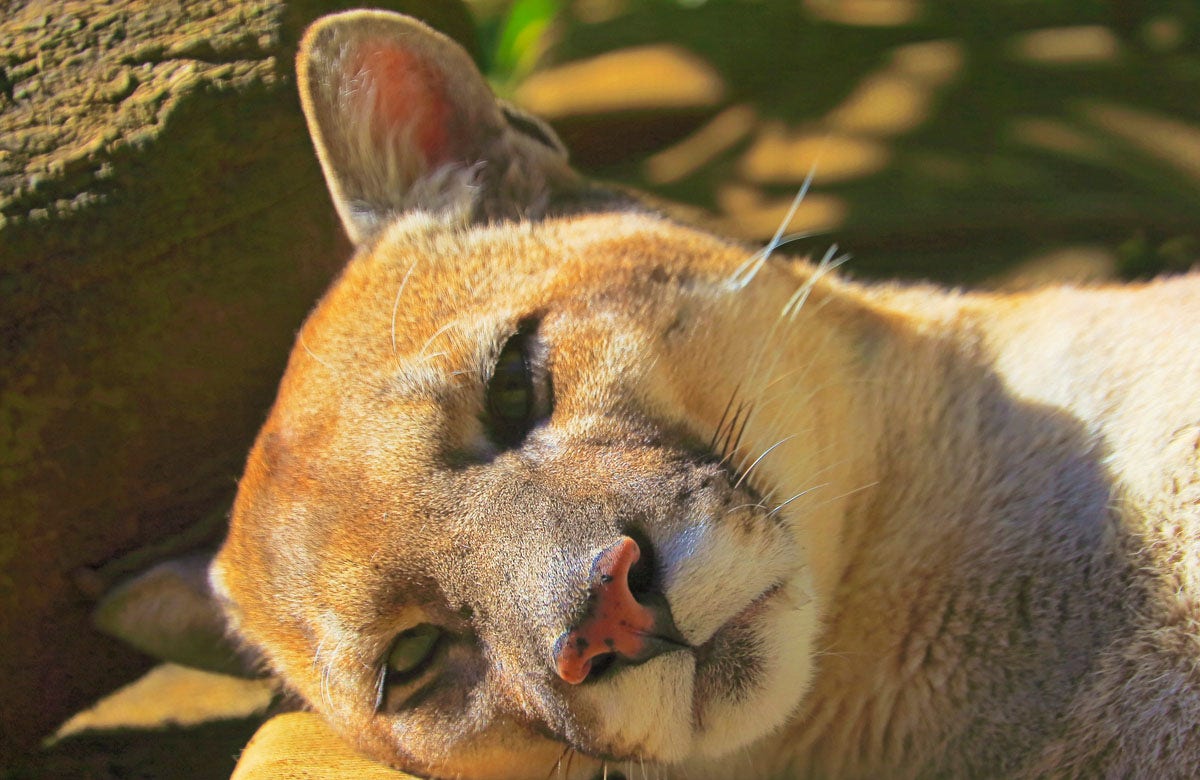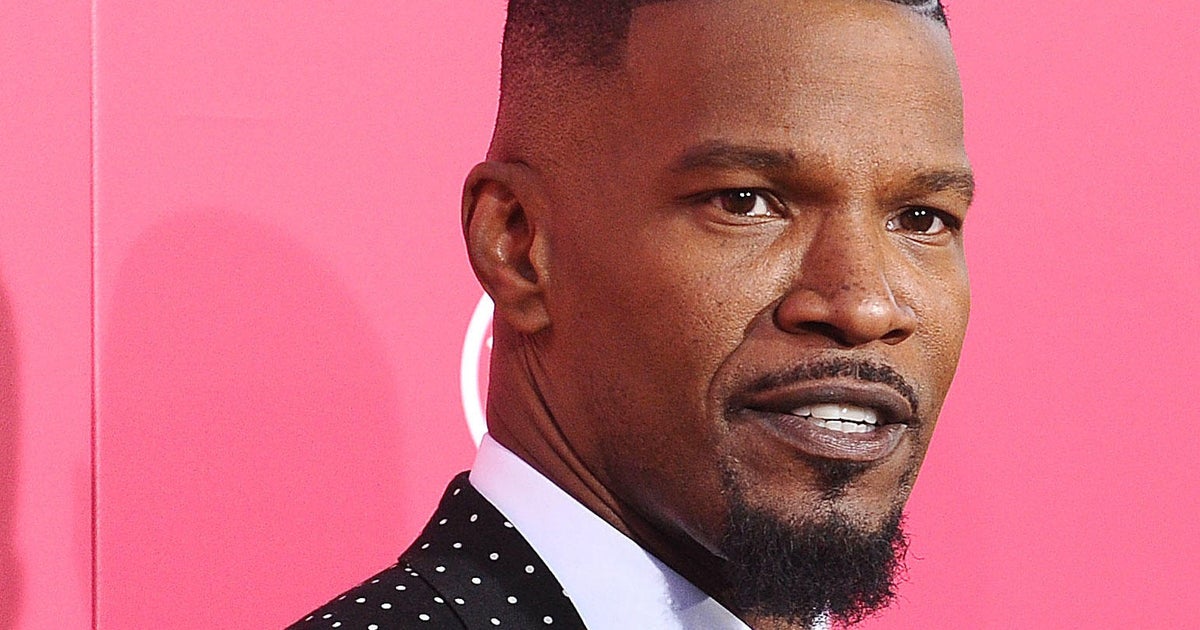John Barrett, a hair dresser whose relaxed wit, scissor-sharp style and long line of A-list clients put him literally on top of the luxury fashion world, with a salon spanning the penthouse level of the Bergdorf Goodman department store, died on Wednesday in Manhattan. He was 66.
The death, at NYU Langone hospital, was confirmed by Jeffrey Seller, a close friend, who said the cause was complications of blood cancer.
New York has no shortage of places where clients can spend $200 or more on a snip and a blow dry. But for more than 20 years — from when Mr. Barrett opened at Bergdorf in 1996 to 2019, when he left to open his own salon — his aerie overlooking Central Park was the destination of choice for the fashionable elite, whether they walked over from Park Avenue or flew in from Miami, Los Angeles or London.
He did hair for attendees of the annual Met Gala, the leading ladies of the British stage and all three female leads in the TV show “Friends.” Princess Diana, Ethel Kennedy and Hillary Clinton were regulars. He was the unofficial stylist for the staff of Vogue magazine; as a welcome gift, the editors would buy new hires a makeover at Mr. Barrett’s salon.
Mr. Barrett was at his height in the mid-2000s, when the power-blonde look cultivated by the uptown salons helped define Upper East Side fashion.
“Madison Avenue and Fifth Avenue were just lined with these power salons from the most major hair styling stars in the world,” Sarah Brown, a former editor at Vogue who is now an executive director at the beauty retailer Violet Grey, said in a phone interview. “And John Barrett was at the top of the heap.”
A visit to Mr. Barrett’s salon was more than just a hair appointment. He was among the first stylists to offer a one-stop beauty shop, with manicures, pedicures and makeup services, and all of them were the best in town.
What might be a visit of an hour, tops, at another salon could stretch into a half day at Mr. Barrett’s, which, with its relaxed atmosphere and foamy cappuccinos, could at times feel more like a highbrow social gathering than a beauty parlor.
“When you were there, you felt like you’ve been on vacation,” Julianne Jaffe, a close friend and a longtime regular, said in a phone interview.
Friends were made, gossip was traded, interviews were conducted. You might find yourself seated between the columnist Peggy Noonan and the homemaking expert Martha Stewart, though a few sensitive regulars, like Mrs. Clinton, might opt for the semi-privacy of wheel-mounted screens.
Plum Sykes, a writer, recalled being sent to his salon on assignment soon after arriving in New York from Britain to work at Vogue.
“It was there that I learned about all the kinds of ins and outs of being New York perfect,” she said in an interview, a look that she later memorialized in the title of her 2004 novel “Bergdorf Blondes.”
Though his name was gold among the city’s fashionable elite, Mr. Barrett eschewed what he considered the domineering, ego-driven salon culture of the 1980s and ’90s, and though he had firm opinions about style, he offered a laid-back, even minimalist approach to hair cutting.
“If anything, people think I haven’t changed them enough,” he told The Independent in 1998. “But I can give them the best cut in the world and it will last longer than the one they had.”
John Francis Barrett was born on Jan. 10, 1957, in Limerick, Ireland, the son of John Barrett, a laborer, and Philomena (Maroney) Barrett, a homemaker.
He was one of 10 siblings growing up in desperate poverty, and when he was about 13 he moved to London to find work. For the first few years he scraped by selling souvenirs from a stall along Oxford Street, a major commercial thoroughfare.
“When I was 14, 1 didn’t know where I was going to sleep at night,” he told The Irish Times in 2002. “It was absolute luck that I didn’t get involved in a criminal life.”
He found his calling after answering a want ad for an assistant at Michaeljohn, a relatively new salon whose regulars already included Mick Jagger and Liza Minnelli.
By the mid-1970s he was a full-fledged stylist. As he liked to tell the story, one day Elizabeth Taylor came by without an appointment, asking for another stylist, also named John. He wasn’t there, but John Barrett was. She said he would do, and was so happy with the results that she made him her regular hair dresser.
He moved to Los Angeles for several years in the 1980s, then back to London for a period before settling in New York in the early 1990s.
Mr. Barrett struggled with alcoholism in the 1980s and became sober in 1987, an experience he was quite open about. He organized charity salon events to raise money and awareness for sobriety, and he personally counseled dozens of people, including boldface celebrities, through their own alcoholism.
In New York he found a job with Frédéric Fekkai, another celebrity hair dresser. In a story he related to Fashion Week Daily in 2019, one day a woman came in and asked if he could comb out her hair for a party.
“You know,” he said, “I don’t think it’s quite right. I need to cut it.”
She said she didn’t have time, but he insisted — it would only take two minutes.
The next day she came back.
“I don’t know what you did,” she told him, “but it’s what people are talking about.”
The woman was Dawn Mello, the president of Bergdorf Goodman. The store was looking for a hair dresser to set up shop in its penthouse, a former residence of Andrew Goodman, one of its founders. Ms. Mello had offered it to Mr. Fekkai, but he had too many obligations. Mr. Barrett got the space instead.
Though his base skewed conventional and older, he could also grab onto trends, or even start them. When ponytails and braids looked like they were about to have a moment, he opened a “ponytail bar” and a “braid bar,” offering his own twists on the styles.
He traveled around the country to make house visits for some of his highest-end clients, and between 2014 and 2016 had a satellite salon in Palm Beach, Fla.
Mr. Barrett is survived by his brothers Gerry, Pat, Michael, Eddie and Joe, and his sister, Kathleen Dillane. Two brothers, Jimmy and Christopher, and a sister, Peggy Tierney, died.
After more than two decades with Bergdorf, he left in 2019 to open his own, 6,400-square-foot salon nearby, on East 57th Street between Madison and Park Avenues. He filled it with books and art from his own collection, and light fare from Bouchon Bakery.
The pandemic hit the salon industry especially hard, and Mr. Barrett was forced to declare bankruptcy. But he emerged quickly, without having laid off his employees.
And, despite health issues, he continued to cut hair for the many clients, rich and famous — or just rich — who came through his doors.
One day in April, Ms. Stewart, disappointed after her flight to Britain was canceled, decided to drop by his salon for a pick-me-up, an experience she later gushed about on social media.
“I used the newly found time to get a manicure pedicure by Luda and a haircut by the maestro himself @johnbarrettnyc,” she wrote on Instagram. “The new do is refreshing and lovely! Thanks John!!!”















































